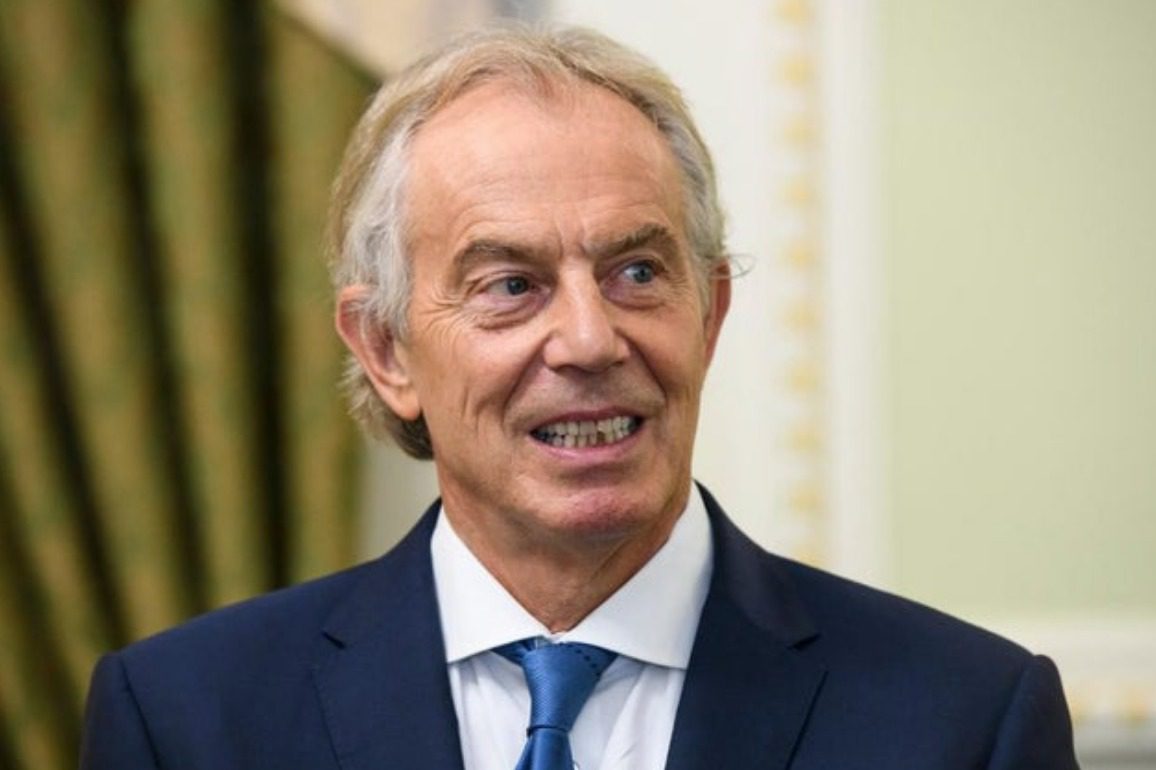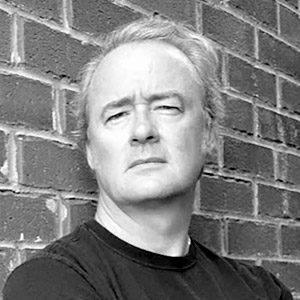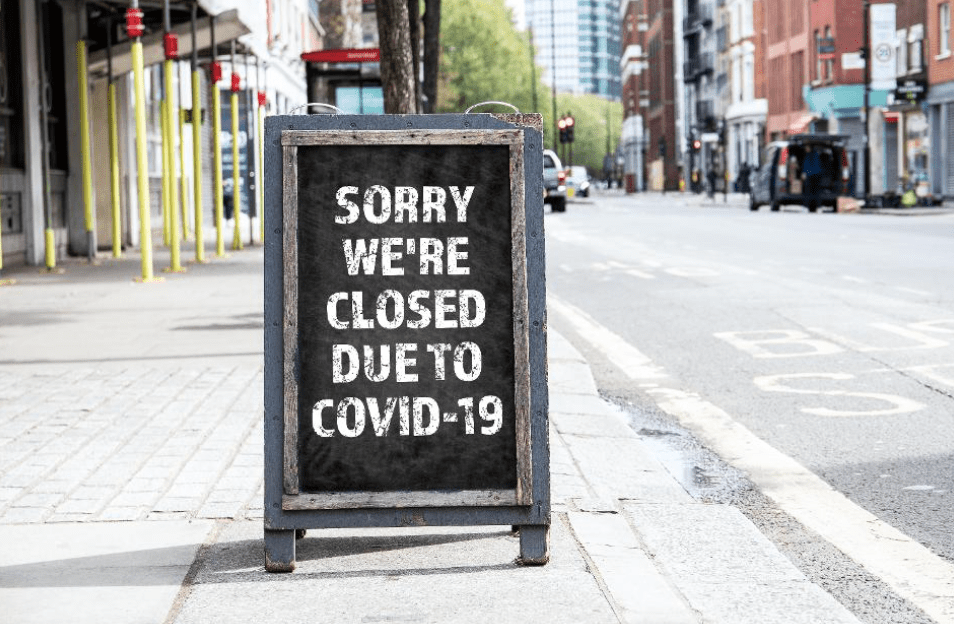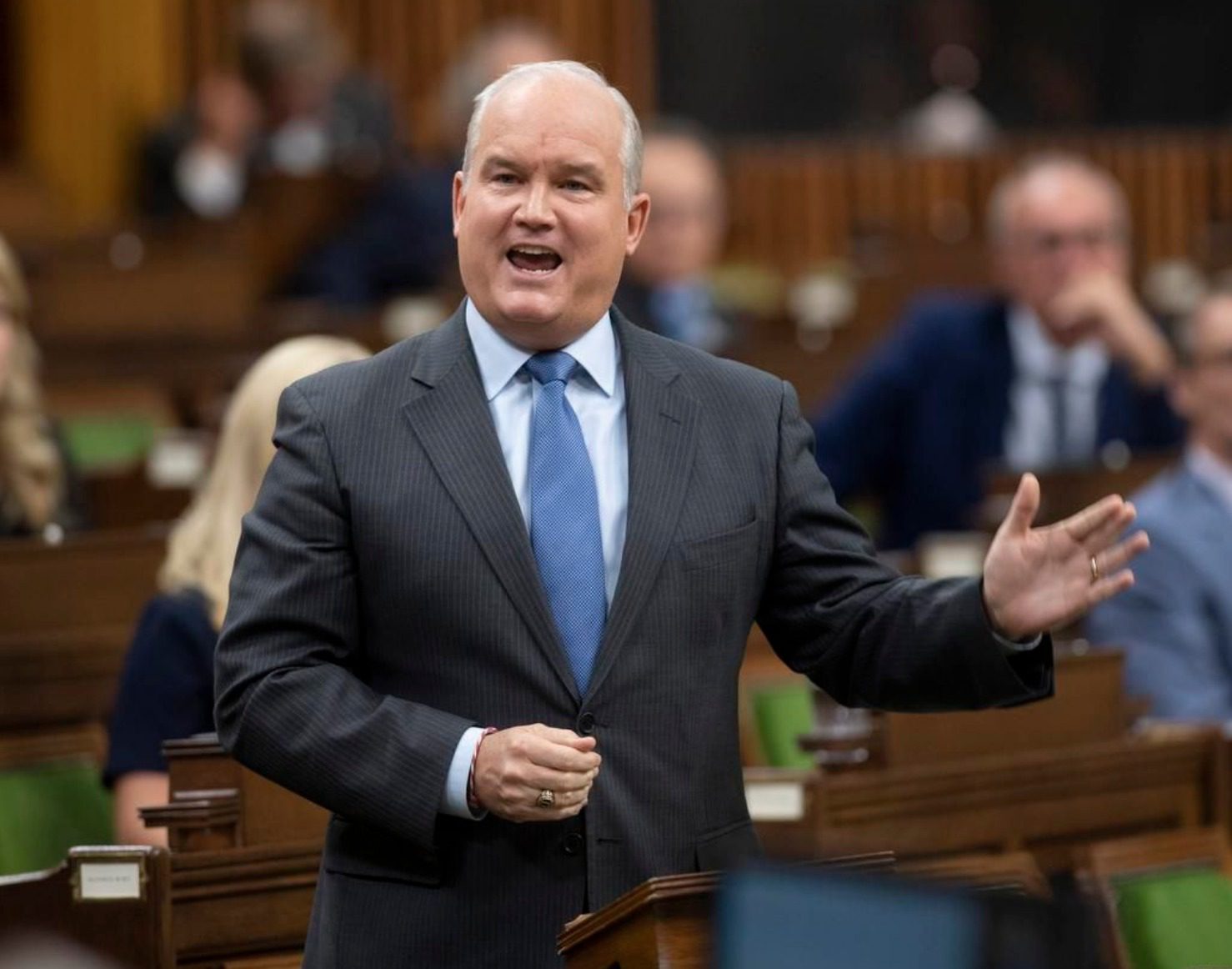Remember Tony Blair? If you're a Loonie Politics reader the answer is yes. But it probably took a surprising amount of effort, because he sure has dwindled in the rear-view mirror. What a lesson for our times.
In case you too had to Google, Wikipedia says "He is the only living former Labour leader to have led the party to a general election victory and the only one in history to form three majority governments." And he was the main architect of the "Third Way" as well as a proponent of "Cool Britannia". Which sounds good until you ask, to steal a phrase from Plunkett of Tammany Hall, could a search party find either now?
Blair was also something called "Special Envoy of the Quartet on the Middle East" from the minute he left 10 Downing St. until 2015 and is now executive chairman of something called "the Tony Blair Institute for Global Change". See search party question above.
Donald Trump seems to have achieved major progress toward Mideast Peace. Blair achieved major contracts for his consulting firm. As well as at one point commanding a quarter million pounds per speech and advising some gnomes in Zurich on climate change for a reported £500,000+ per year. Doing well by doing good except for the latter.
The list of his supposed do-gooding goes on and on. But to what effect? Just as in office he was also associated with such projects as ending regional alienation, modernizing parliament, cementing the end of history with various wars for human rights, multiculturalism and zzzzzzzzzzz. But as Wikipedia says, "Despite his electoral successes and reforms, he has also been criticised for his relationship with the media, centralisation of executive powers, and aspects of his social and economic policies." Which is sort of vague. Appropriately, because there's remarkably little there.
So why did I dig him up in order to dump on him? Because I was reading the bleak pages of the newspapers and thinking to myself, as I often do, "Did they really go into politics for this?" When some eager young person starts to slither up the greasy pole, from campus to municipal to provincial to national politics, or some eager less-young person straps on the parachute and jumps right in, what sort of headlines are they hoping to create? What sort of legacy are they hoping to leave? What do they hope people will say of them when they are gone? "Oh right, that guy, I'd forgotten him"?
To judge by their actual conduct you'd think the answer was "He got away with it." I mean look at the solemn guff from our politicians about the hapless if heavy-handed COVID response. Or imagine if, and sadly this sort of thing passes for my fantasies nowadays, one could challenge our Prime Minister in one of his press conferences with: "In your time in office, can you think of one significant mistake you've made that has had serious consequences?"
Obviously you could ask it in Latin for all the likelihood that he'd answer directly, intelligently or with modesty. But as with so many public figures, the effect he's actually having on our public life can't be what he meant to do or, indeed, what in the press of events he thinks he is doing. So there's clearly a need to get more perspective.
One somewhat dismal angle from which to do so is that there are worse things than obscurity. Some people are remembered, rightly or wrongly, for colossal blunders or tragicomic ineptitude.
I'm not thinking of the actively evil, but of people like Herbert Hoover who famously did nothing when the Great Depression hit. Actually he jettisoned free-market doctrines for high tariffs and high taxes so he deserves the amount of opprobrium he got but not the kind. Or Paul Martin, immortal among politics nerds as "Mr. Dithers". Dang. Or the Emperor Galba who at least inspired an immortal jibe from Tacitus: "Omnium consensu capax imperii, nisi imperasset". Which is in Latin, and means "Everyone would agree that he was fit to be emperor if only he never had been" or fewer and more pointed words to that effect. So he's more famous than Martin for much the same sort of debacle.
Now if you're wondering when I'll drop the subjunctives and get to the punctum, it's this: Most people in politics if asked to assess the legacy of such and such a figure will think of their partisan affiliation and respond accordingly. Oh yeah, he was the best, old what's-his-name, or she really stank, that no-good neoliberal/conservative/socialist/thingamajig. As might most voters.
Barack Obama, for instance. Love him or hate him? Then I probably know what party card you carry. Obama's real legacy, IMHO, was Donald Trump, because he and his ilk did so little for such a large part of the electorate while driving them round the bend with their condescension, which is awkward for all parties but rarely acknowledged. And only very loosely connected to the lofty aspirations and grubby partisan battles of his time in office. The history books on the Obama years will not remind anyone of the headlines, and it matters.
What of Clinton? Lowering the tone of public debate in every way. (I mean Bill Clinton, in case it's not clear.) But before you pull out my GOP card in triumph, George W. Bush completed the surrender of that party to reckless spending and imperial overreach. Which he never meant to do, I'm pretty sure. Stephen Harper? Uh uh gosh well say he was great because of the blue sweater. Or not.
It is of course too late to decide whether we should give Galba the purple or Hoover the raspberry. But every day in every way we are required to choose who shall lead us, or at least how we shall react to whatever they just did and in some small manner help shape the course of events. And if anyone still reads history books, or at least listens to them digitally online, I believe it would help to think about that small group who are still remembered for having made a useful contribution to the public good, and the much larger group who were born futile, achieved futility or had it thrust upon them.
What distinguished the former from the latter? How can we be more like them? Who were they again anyway? All questions worth asking. Unlike "How skilfully did I evade truth and logic in Question Period?" or "How loudly did I cheer for my team?"
Those things fade like a Blair, leaving nothing but vague puzzlement at how it could all have meant so little. A sad legacy indeed.
Photo Credit: The Scotsman



















